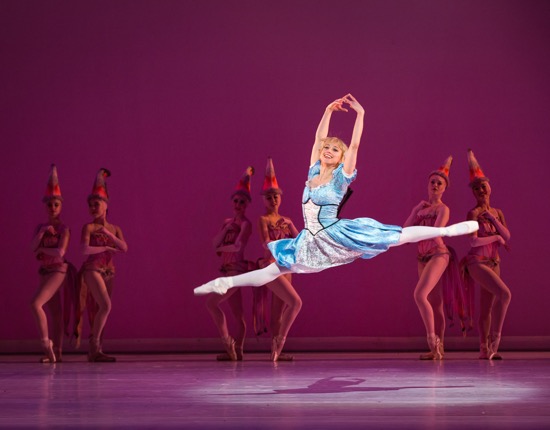
One of our goals at 4dancers is to provide you with solid advice that you can put to use in your dance life. We asked Colorado Ballet ballerina Sharon Wehner if she would share some of her best advice for dancers, and she compiled a great list for us to share with you here…enjoy!
by Sharon Wehner
Listen to your teachers, but use your brains too!
This might seem like an obvious piece of advice, but because dance, particularly some techniques like Graham or classical ballet come steeped in tradition, there is always an aspect of “shut-up and dance” when it comes to being in the studio. This is both good, and bad.
As a student of anything, whether math, Spanish, or dance, it’s crucial that you be able to trust your teachers. Once this trust is established, a student’s job is to listen and absorb the teacher’s information, and then apply it. The more trust and respect established, the more a dancer can get past their own limits, fears or hesitations and improve technically and artistically. But unlike your academic teachers, there are no standards set for who can teach dance. Anybody can open a dance studio. Of course there are a myriad of training courses and degrees with testing and accreditation, which certainly lends credibility to a teacher’s qualifications, but a piece of paper does not necessarily guarantee a great teacher. There are amazing teachers who have no degrees. On the other hand, there are also amazing former professional dancers with years of experience who are not the greatest teachers.
So as a young dancer goes through his or her training years, it is a good idea for both parents and students to evaluate teachers based not only on their experience and credentials, but also on what makes sense for that student. As mentioned above, the best teacher-student relationship consists of inherent trust and respect. Because dancers are often asked to work through feelings of discomfort and fatigue, both emotionally and physically, it falls upon the shoulders of a teacher to gauge when this push is necessary for a dancer to improve, and when it crosses the line into “too much.” And again…every dancer and student is different. Some people thrive on stern discipline, while others need a softer hand. But either way, it is important that a dancer be able to balance listening to their teachers with complete trust, while simultaneously being able to think for themselves, and pay attention if they feel that a teacher is crossing that line.




